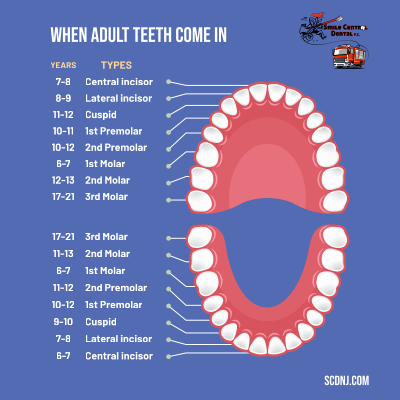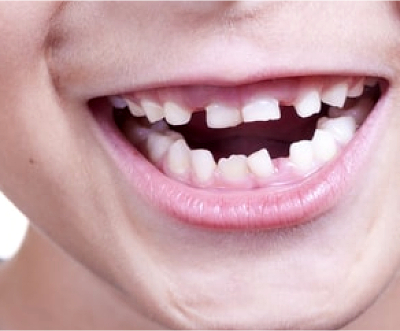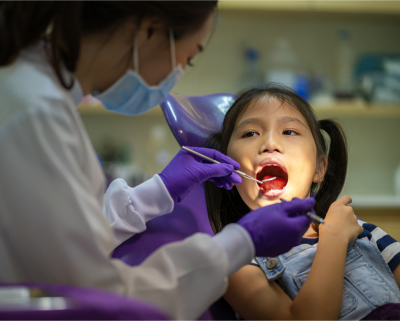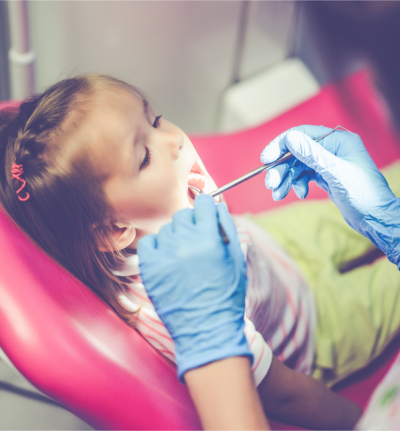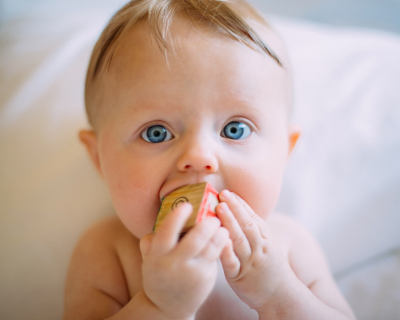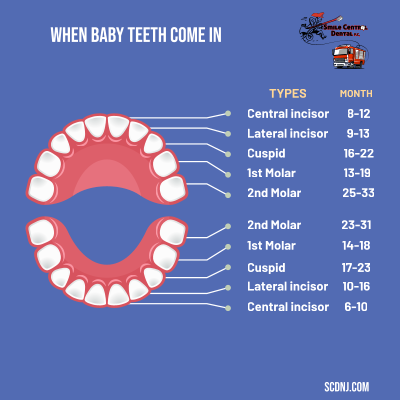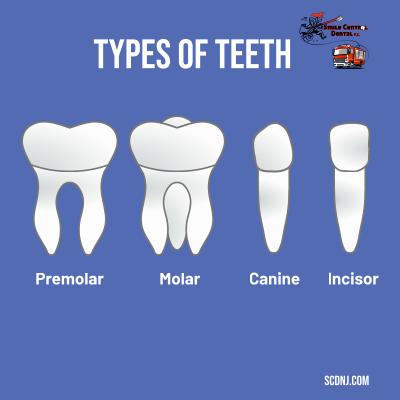The Importance of Baby Teeth: Myth vs. Fact
April 2nd, 2024
Baby teeth, also known as primary teeth, play a crucial role in a child's oral health and development. However, there are many myths and misconceptions surrounding the importance of baby teeth. Let's debunk some of these myths and uncover the facts:
Myth: Baby teeth are not important because they will eventually fall out.
Fact: While it's true that baby teeth will eventually be replaced by permanent teeth,
they serve several vital functions in the meantime.
Baby teeth help children chew food properly,
which is essential for proper nutrition and overall health. They also play a crucial role in speech development, as they help children learn to pronounce words correctly.
Myth: Cavities in baby teeth don't need to be treated because they will fall out anyway.
Fact: Cavities in baby teeth can have serious consequences if left untreated. Untreated cavities can lead to pain, infection, and even tooth loss. Additionally, decay in baby teeth can affect the health of permanent teeth developing underneath.
It's important to treat cavities in baby teeth promptly to prevent further complications.
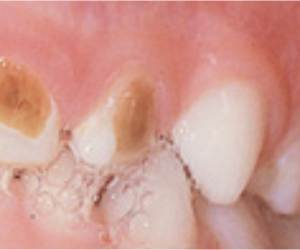
Myth: Baby teeth don't require regular dental care because they are temporary.
Fact: Baby teeth are just as susceptible to decay and other oral health issues as permanent teeth. Therefore, it's essential to establish good oral hygiene habits early on, including brushing and flossing regularly and visiting the dentist for regular check-ups. Early dental care sets the foundation for a lifetime of healthy smiles.
Myth: Baby teeth don't affect the alignment of permanent teeth.
Fact: Baby teeth serve as placeholders for permanent teeth and help guide them into the correct position.
If baby teeth are lost prematurely due to decay or other issues, it can disrupt the natural alignment of permanent teeth, leading to orthodontic problems later on. Therefore, it's crucial to protect baby teeth and address any issues promptly.
In conclusion, baby teeth are far from insignificant.
They play a vital role in a child's oral health and overall well-being.
By understanding the importance of baby teeth and dispelling common myths, parents can ensure their children maintain healthy smiles for years to come.


